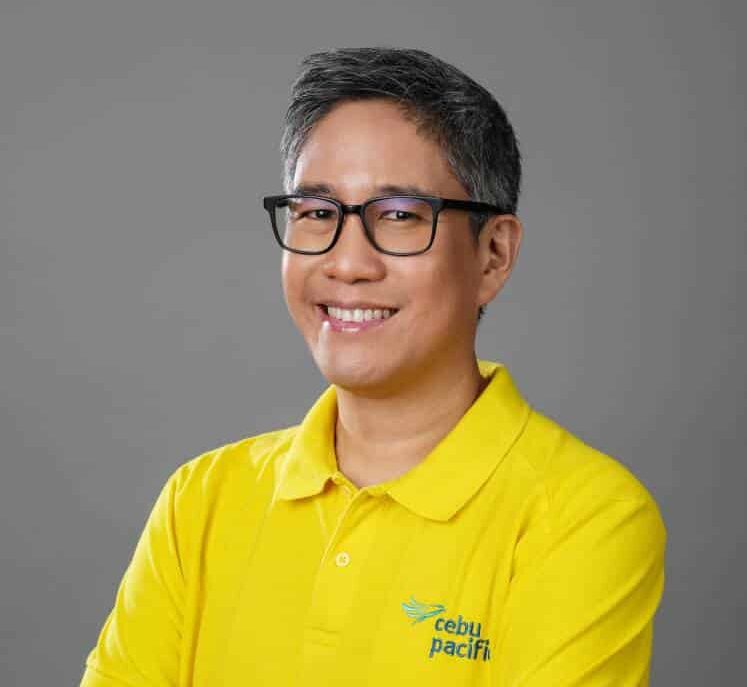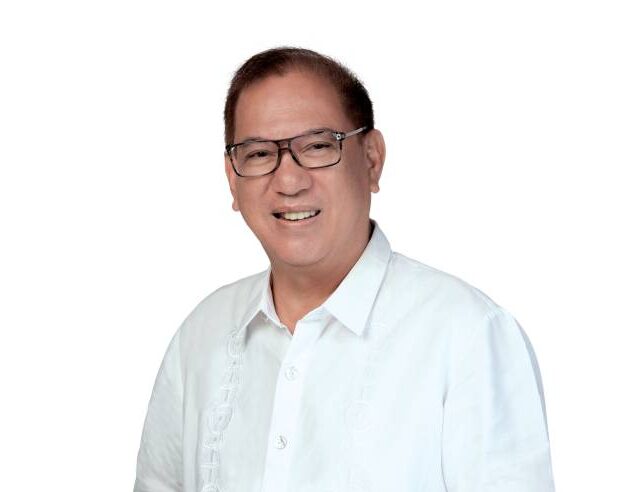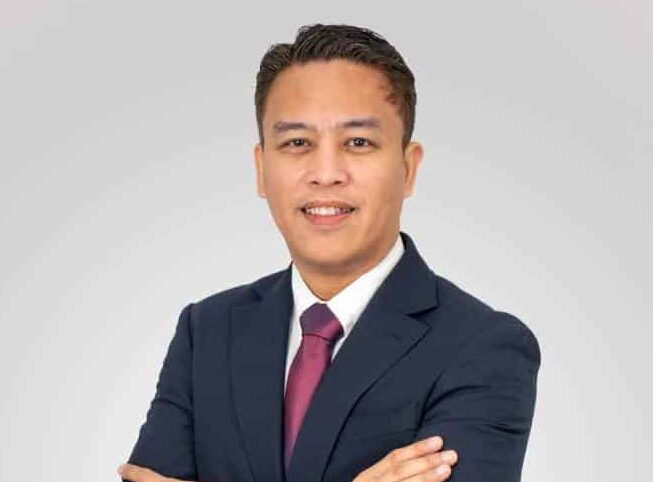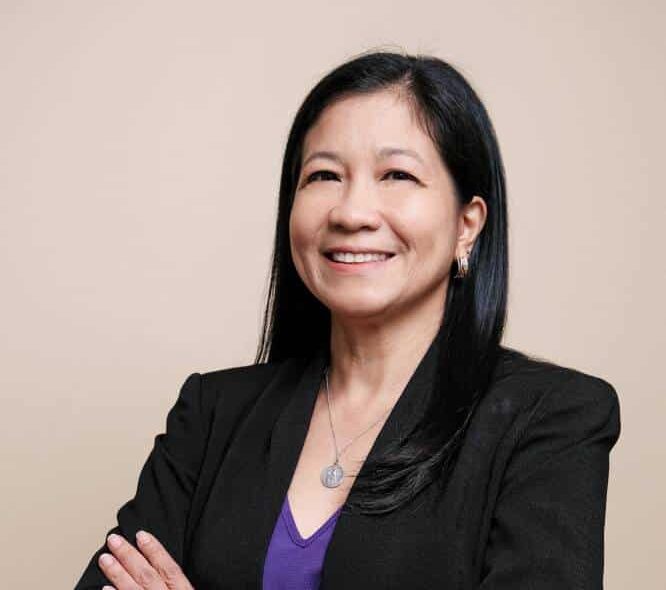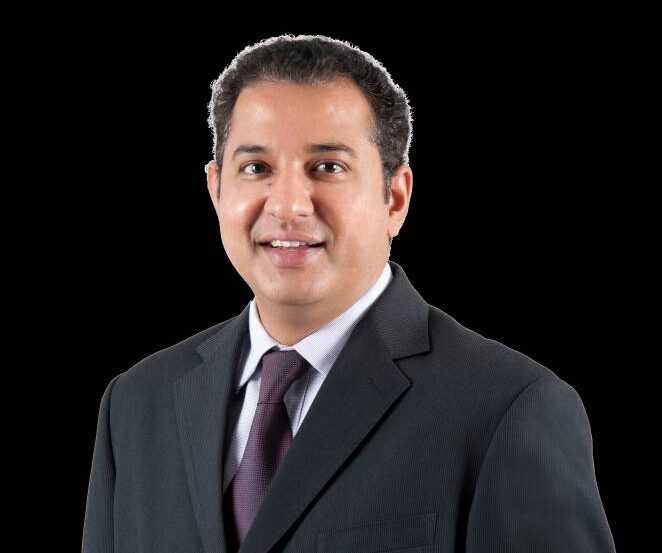MANILA, Philippines — In his fourth State of the Nation Deal with, President Marcos touted the nation’s robust macroeconomic fundamentals, improved investor confidence, rise in employment numbers and the regular decline in inflation.
Nevertheless, these hard-fought positive aspects are meaningless, Mr. Marcos underscored, until they translate into a greater high quality of life for almost all of Filipinos.
READ: CEOs look again on eventful 2024, look ahead to a greater 2025
He readily acknowledged rising public frustration with the provision and high quality of presidency companies, and pledged to direct his administration’s vitality towards righting these wrongs.
As he begins the final half of his six-year time period, Mr. Marcos has dedicated to handle the nation’s long-standing issues, together with pervasive poverty, corruption and insufficient and inefficient infrastructure.
READ: How CEOs can construct legacy by inclusive management
However what precisely ought to Mr. Marcos do over the following three years to make a distinction and go away the nation higher than he discovered it in 2022?
We posed this query to among the nation’s main enterprise leaders and listed below are their solutions:
“We’re longing for a powerful and centered authorities drive to speed up infrastructure supply. Personal capital is considerable and able to take part. What’s urgently wanted is a extra coordinated push to streamline approvals and resolve longstanding bottlenecks. Quick-tracking high-impact initiatives is not going to solely generate jobs and cut back logistics prices but in addition improve the Philippines’ competitiveness as a regional hub for commerce, manufacturing and companies.”
Frederic C. DyBuncio, president of SM Investments Corp.
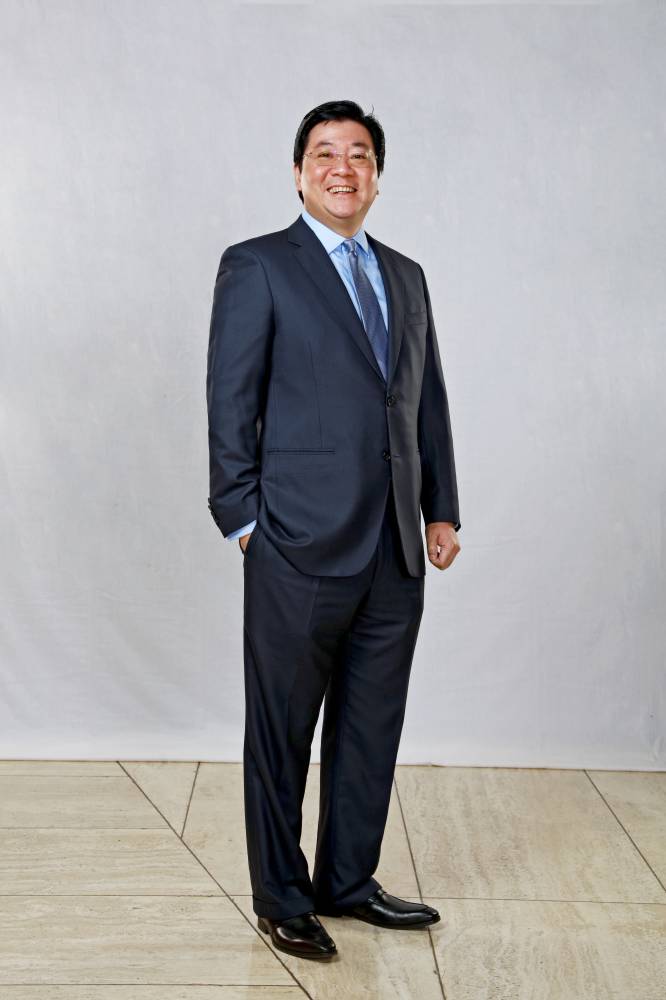

Metrobank President Fabian Dee
“Within the subsequent three years, I hope to see the Construct Higher Extra program not simply proceed however acquire pace—increasing roads, railways, seaports and airports. I additionally hope to see initiatives that might additional strengthen our digital spine and guarantee steady energy provide throughout the nation. All these are vital to connecting our individuals, sustaining development and opening extra alternatives for each Filipino.”
Fabian Dee, president of Metrobank
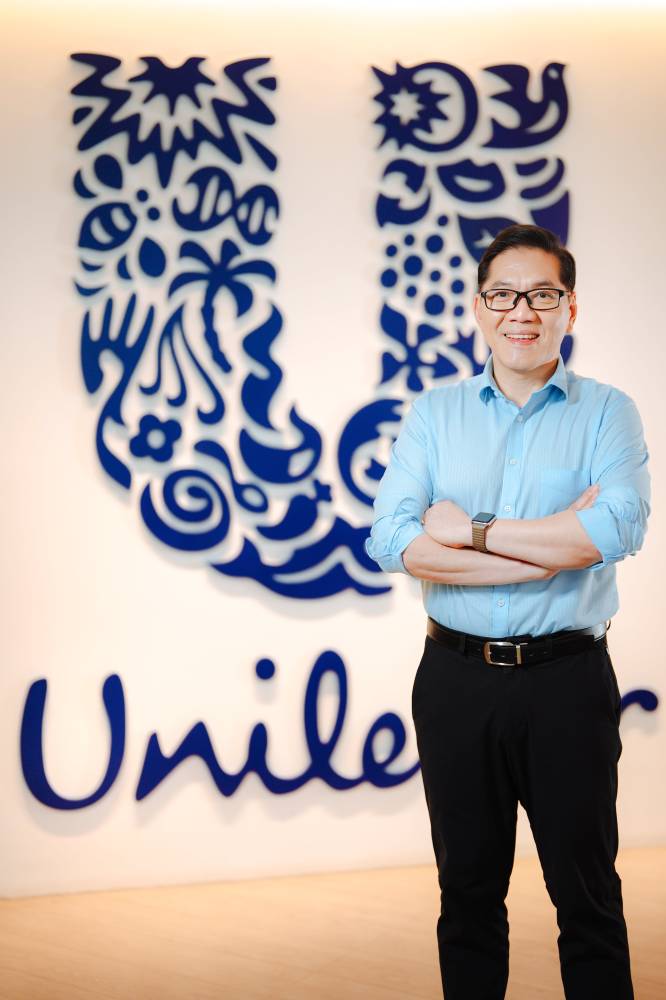

Fredy Ong
“We’re hopeful that the nationwide authorities will proceed its strategic and decisive efforts to boost the nation’s competitiveness in manufacturing. This consists of investing in infrastructure, streamlining laws and fostering a dynamic enterprise surroundings that pulls each native and overseas investments. These actions are important to positioning the Philippines as a key participant within the international economic system.”
Fredy Ong, CEO and chair of Unilever PH
“Good governance and authorities soliciting energetic personal sector participation are areas vital for the Philippines’ continued rise. The continued growth and supply of transportation infrastructure will likely be essential for the Philippines. Particularly, upgrading present airports to tackle A321NEOs will permit jet economics to push for elevated affordability and accessibility not only for our fellow Filipinos to have the ability to journey simply throughout the archipelago but in addition for vacationers, each home and overseas, to entry many lovely elements throughout the nation and assist create jobs. We look ahead to work with the administration to proceed the event of the tourism trade which is vital in job growth and nation constructing.”
Xander Lao, president and CEO of Cebu Pacific


Emmanuel Rubio
“If there may be one factor I’d ask President Marcos Jr. to champion in his remaining time period, it could be the full-scale improve of our complete energy system—era, transmission and distribution—anchored on having the precise vitality portfolio combine to make sure reliability, affordability and sustainability. With the federal government and personal sector working hand in hand, we will set up a future-ready system that not solely retains the lights on—however powers a greater tomorrow for each Filipino.”
Emmanuel V. Rubio, president and CEO of Meralco PowerGen
“Guarantee big-ticket infrastructure and PPPs (Public-Personal Partnerships) transfer immediately or disruption. Resolve on advantage, ship right-of-way in a well timed method by defending the funding—and above all, hold personal companions assured by honoring our contracts. That’s how we construct infrastructure that connects individuals, powers progress and sustains development.”
Jose Ma. Lim, president & CEO of Metro Pacific Tollways


Nina Aguas
“The Philippines’ BPO sector is among the strongest pillars of our economic system. With the continual evolution of the worldwide enterprise panorama, I consider our nation is able to transfer to the following stage of outsourcing. I want to see us shifting past conventional voice-based companies to Information Course of Outsourcing and AI (synthetic intelligence)-powered capabilities, equivalent to information analytics, medical transcription and authorized course of outsourcing, to call a couple of. With the precise insurance policies to foster innovation and upskill our workforce, the Philippines has the potential to grow to be the highest digital companies hub within the Asean, strengthening our financial resilience and selling international competitiveness.”
Nina D. Aguas, govt chair of InLife


Ambe Tierro
“AI may unlock vital socio-economic worth for the Philippines, and to ship on our nationwide ambition of AI-powered inclusive innovation, accelerating investments in workforce transformation is vital. Continued funding in strengthening public-private partnerships to democratize AI studying, integrating AI into training curricula and selling vocational reskilling applications generally is a development multiplier. By bolstering the collaborative ecosystem which incorporates authorities, trade, and academia and by encouraging companies to put money into AI adoption and workforce growth, we will fast-track innovation-led development, creating new alternatives for all Filipinos.”
Ambe Tierro, nation managing director and know-how lead of Accenture within the Philippines
“If there’s one factor I hope to see within the subsequent three years, it’s a extra coordinated and sustained nationwide effort to uplift micro, small and medium enterprises (MSMEs), significantly these working outdoors main city facilities. MSMEs kind the spine of our economic system, driving employment, improvements and community-level development. When they’re outfitted with the precise instruments, equivalent to accessible financing, dependable infrastructure and digital capabilities, they thrive and multiply their influence throughout society. We’ve seen at Asialink how entry to the correct of help, whether or not within the type of quick and versatile financing or simplified processes, can remodel a small enterprise and, in flip, uplift a whole neighborhood. This is the reason it’s vital that each private and non-private sectors work hand in hand to take away long-standing obstacles and create a extra enabling surroundings for entrepreneurs. When MSMEs are empowered to succeed, the remainder of the nation strikes ahead with them.”
Samuel Z. Cariño, president and CEO of Asialink Finance


Moritz Gastl
“A key precedence for the following three years should be strengthening and persevering with the battle towards unhealthy actors and fraudulent actions, which have grow to be extra prevalent within the digital area. We help the federal government’s decisive enforcement to guard shoppers and construct a reputable surroundings for respectable fintech corporations. Concurrently, the fast-tracked rollout and enchancment of a unified digital ID like PhilSys could be a strong instrument on this battle, as it could tremendously strengthen our identification verification and anti-fraud measures, thereby serving to corporations like Tala to construct larger belief and confidence with the Filipino public.”
Moritz Gastl, common supervisor of Tala Philippines


Marlyne Fernandez
“If there’s one factor I’d need President Marcos to concentrate on within the subsequent three years, it could be to push for reforms that broaden and deepen the Philippine capital markets.
Whereas our inventory market is among the oldest within the area, it nonetheless lags behind our Asean neighbors, with solely about 2 % of Filipinos holding a inventory funding account.
The Capital Markets Effectivity Promotion Act (CMEPA) is a powerful step ahead notably decreasing the inventory transaction tax from 0.6 % to 0.1 %.
Nevertheless, extra might be accomplished, equivalent to offering tax incentives for each personal and government-owned corporations to listing on the PSE, and embedding monetary literacy within the training curriculum to equip Filipinos with the data and confidence to speculate.
These measures would assist create a extra inclusive and vibrant capital market that helps financial development and wealth-building for extra Filipinos.”
Marlyne Y. Fernandez, president of Unicapital Securities
“We worth the federal government’s efforts to strengthen the monetary sector and digital transformation, which have constructed a basis for inclusive development. Constructing on this progress, it could be thrilling to see initiatives equivalent to nationwide digital literacy applications, stronger shopper safety insurance policies and larger help for fintech improvements that allow all Filipinos to entry reasonably priced and empowering monetary companies. By making monetary inclusion a nationwide precedence and elevating public consciousness of those applications, we will create extra alternatives, construct belief within the monetary system and uplift communities throughout the Philippines.”
Pia Arrelano, president and CEO of CIBI


Ayman Kandil
“In growing nations just like the Philippines, monetary safety and literacy are areas that are usually neglected in favor of assembly extra primary and fast on a regular basis wants. Nevertheless, I consider that these might be robust foundations for a extra financially empowered citizenry and sustainable financial progress.
The Philippines presently ranks within the backside 30 out of 144 nations globally in monetary literacy, with solely 25 % of grownup Filipinos who’re educated about primary monetary ideas like financial savings and investments.
For insurance coverage, the penetration charge within the Philippines may be very low at lower than 2 %, with most Filipinos remaining both uninsured or underinsured.
Because of this when calamities or well being points come up, most Filipinos will not be financially ready. And monetary well-being isn’t solely an financial concern. It impacts one’s general state, and if prevalent, the morale and psychological well being of the inhabitants.
A world survey performed by AXA in 2025, known as the AXA Thoughts Well being Report, revealed that just about 7 out of 10 Filipinos expertise at the least gentle types of nervousness, stress, or despair on account of monetary instability– one of many highest amongst many nations surveyed all over the world. These figures underscore the pressing want to make sure that each Filipino, no matter age, revenue degree, or the place they reside, has entry to the data and instruments to make knowledgeable choices about their monetary future.
This consists of not solely educating the fundamentals of saving and budgeting but in addition deepening consciousness of the significance of long-term monetary planning. When individuals perceive tips on how to defend themselves and their family members, particularly from life’s uncertainties, they grow to be extra resilient and assured in pursuing their objectives and their drive for progress.
Public-private collaboration generally is a highly effective driver of this modification, and insurance coverage can very nicely accomplice with the federal government in making monetary literacy and safety a primary life ability.
Ayman Kandil, CEO of AXA Philippines
“As President Marcos enters the second half of his time period, we hope to see extra help for industries that may assist our economic system develop and create extra alternatives for Filipinos. Firms that deal with individuals and the planet must be inspired with the precise incentives, so we will proceed to contribute to the nation through sustainable enterprise development. For the meals trade, what we’d like are truthful and balanced insurance policies that defend shoppers whereas giving companies the possibility to develop and innovate. We are able to construct one thing higher collectively for our nation.”
Aleli Arcilla, managing director of Mondelez Philippines
At Rex Training, we respectfully urge President Ferdinand R. Marcos Jr. to mandate his departments, bureaus, businesses, and authorities instrumentalities to prioritize teaching programs that make sure the Filipino learner is wholesome, protected, engaged, supported, challenged, and values-oriented.
Important to Early Childhood Training, we hope the Administration can put money into and fast-track rising the variety of educated and authorized baby growth staff and academics nationwide. For Fundamental Training, we hope the delays in implementing focused interventions arising from government-led assessments might be addressed swiftly.
Moreover, we name on our authorities to operationalize complementarity between private and non-private training in Greater or Tertiary Training. At present, personal faculty enrollments have severely declined, diminishing the flexibility of the personal sector to assist alleviate issues in public training.
Lastly, Rex Training hopes that for the following 3 years of the president’s management, the federal government can institutionalize equitable entry to high quality training for all sorts of Filipino learners, wherever they could be and no matter their background.
Don Timothy I. Buhain, CEO of Rex Training
At TP within the Philippines, we sincerely thank President Marcos for his continued help for the digital companies trade, significantly by initiatives just like the Enterprise-Based mostly Training and Coaching program and others. We stay excited for additional initiatives that may assist improve entry to rising IT companies—equivalent to AI and analytics—that are important in advancing the Philippines as a number one hub for digitally enabled companies.”
Rahul Jolly, CEO of TP within the Philippines


Michelle Tiu Lim-Chan
“I hope President Marcos can concentrate on insurance policies that strengthen native industries—particularly meals manufacturing—so we will make nutritious, sustainable merchandise extra accessible to Filipino households whereas proudly bringing our manufacturers to the worldwide stage.”
Michelle Tiu Lim Chan, president and CEO of Mega Prime Meals
/rwd



